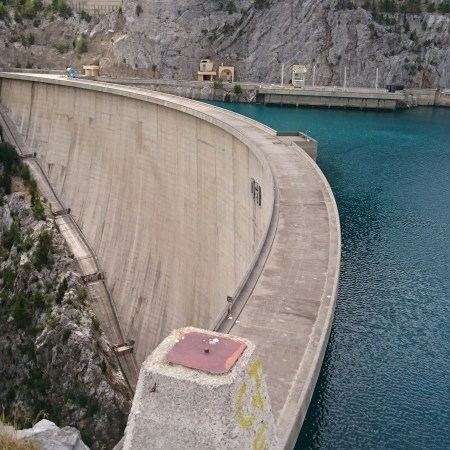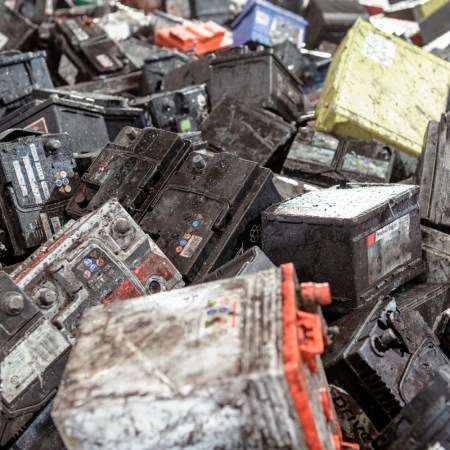The sustainability think tank Global Footprint Network has marked July 28 as Earth Overshoot Day, the day when “humanity has exhausted Earth’s budget for the year.” And by budget, they mean the biological resources that the planet can regenerate during the entire year.
“For the rest of the year, we are maintaining our ecological deficit by drawing down local resource stocks and accumulating carbon dioxide in the atmosphere,” they write. “We are operating in overshoot.”
When measured in 1971, this day would have arrived in late December. July 28 is the soonest this overshoot estimate has arrived on record (there was a slight bump backwards in the calendar in 2020 because of the pandemic and many people staying at home).
So who’s at fault? Well, look in the mirror. As Phys.org notes, if everyone lived like an American, the theoretical overshoot date would have fallen on March 13. Most of the blame in this framework centers on the food production system (translation: we should really be eating less meat).
“If we could cut meat consumption by half, we could move the date of the overshoot by 17 days,” says Laetitia Mailhes of the Global Footprint Network (decreasing food waste would add another 13).
The GFN outlines five key areas — healthy planet, cities, energy, food, and population — where people and, more importantly, countries and governments can make a difference, and suggests several action plans centered around decarbonization, plant-based meals, emissions standards, smart cities, wind turbines and more.
Thanks for reading InsideHook. Sign up for our daily newsletter and be in the know.



















